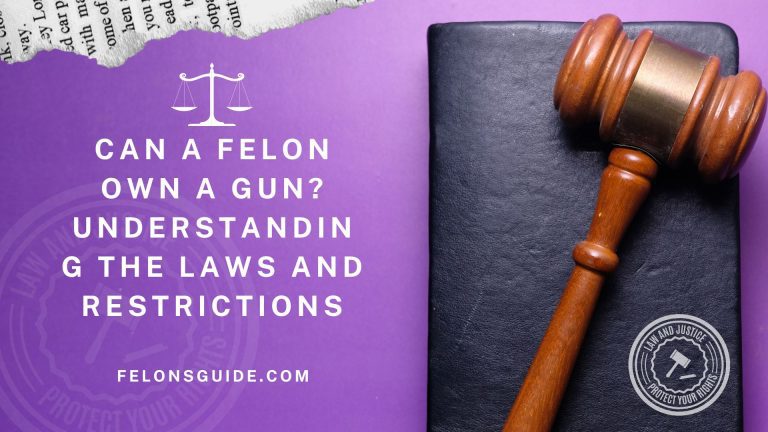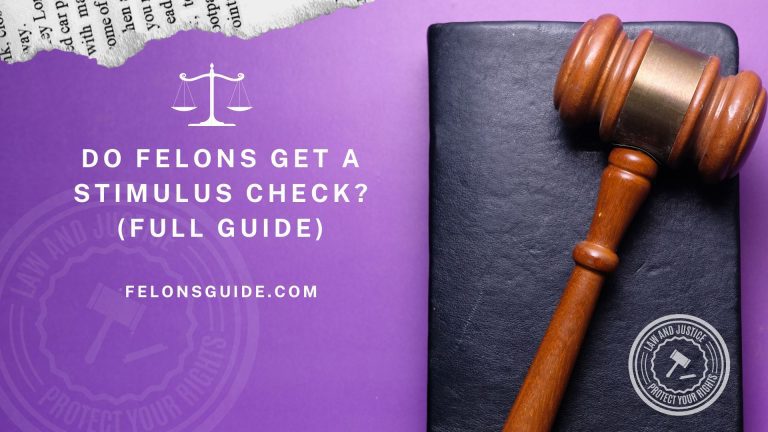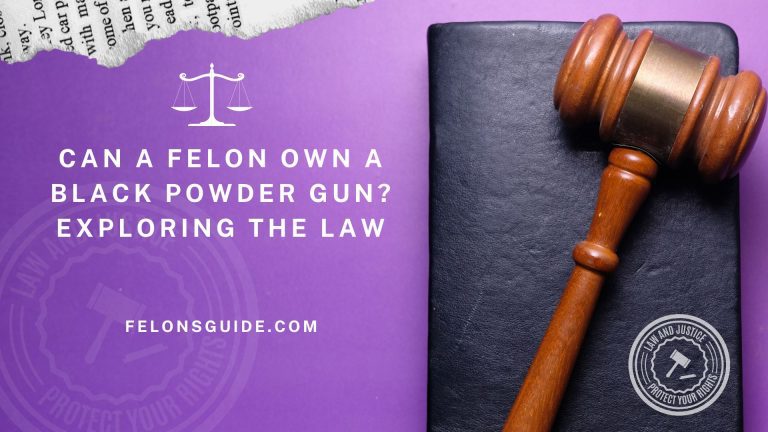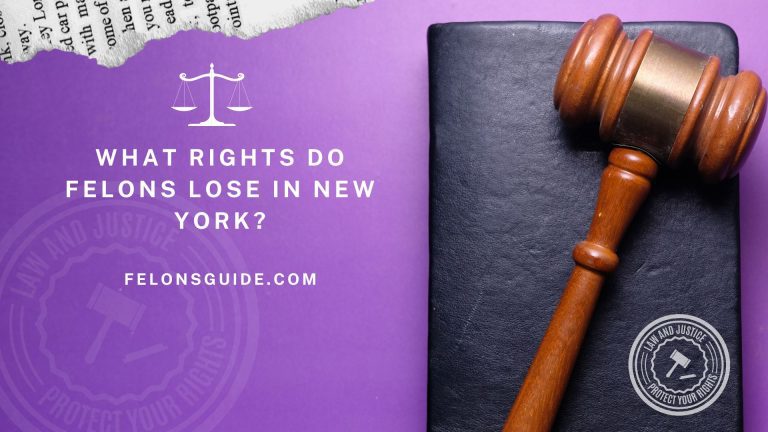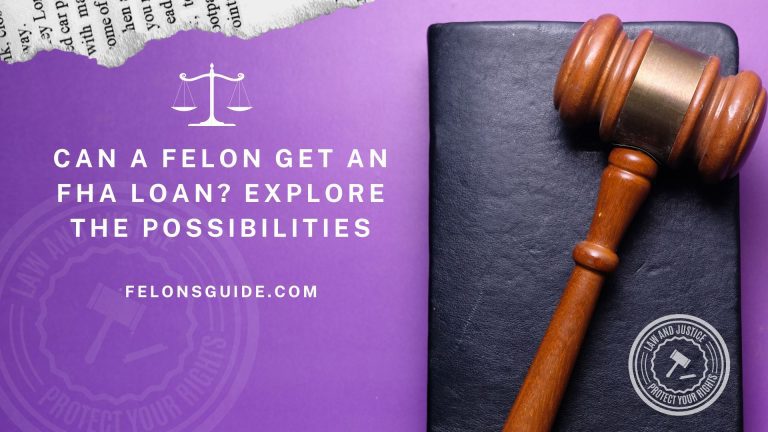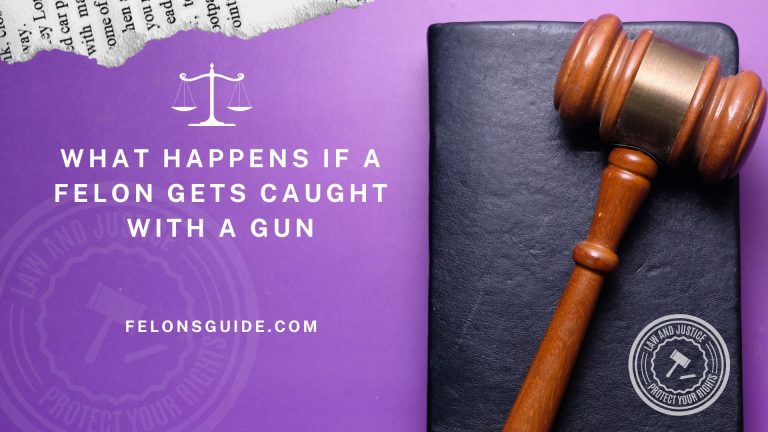Can a Felon Get an Electrician License?
Electricians hold a significant role in the installation and maintenance of electrical systems in various establishments, including homes, commercial buildings, and factories. Being an electrician necessitates advanced technical expertise and competence. It is also a promising career opportunity that pays well. However, individuals with prior criminal records may encounter obstacles in obtaining an electrician’s license, posing a significant challenge to their aspirations. In this write-up, we will delve into the topic of whether a convicted felon may acquire an electrician’s license and the necessary steps they must undertake to pursue this career choice.
Understanding Electrician Licensing
Before we delve into the inquiry of whether an individual with a criminal record can procure authorization to operate as an electrician, it is of utmost importance to fathom the process of licensing itself. In the majority of states, obtaining an electrician license necessitates fulfilling a certain number of hours of classroom instruction, alongside accomplishing an apprenticeship and prevailing in an examination. These requirements warrant that electricians possess the indispensable proficiency and know-how to carry out their duties safely and efficiently.
Also Read: Can a Husband and Wife Have a Gun if One is a Felon?
If you have a felony conviction on your record and you’re interested in pursuing a career as an electrician, you still have options. The first step is to research the laws and regulations in your state to determine whether felons are prohibited from obtaining an electrician license. If there are no explicit prohibitions in place, you may be able to proceed with the licensing process.
Also Read: How to Report a Felon in Possession of a Firearm?
Steps by-Step Guide to Getting an Electrician License
Assuming you’re eligible to pursue an electrician license, there are several steps you’ll need to take. First, you’ll need to complete the necessary education and apprenticeship requirements. This typically involves enrolling in an electrician training program and working as an apprentice for a certain number of hours under the supervision of a licensed electrician.
Once you’ve completed these requirements, you’ll need to pass a licensing exam. This exam typically covers a wide range of topics related to electrical systems and safety, and it can be quite challenging. However, with sufficient preparation and study, it’s possible to pass the exam and obtain your license.
Other Factors to Consider
While the licensing process itself can be challenging for felons, there are other factors to consider as well. For example, some employers may be hesitant to hire individuals with felony convictions, even if they are licensed electricians. Additionally, some states have laws or regulations that prohibit felons from working in certain industries or for certain types of employers, such as schools or government agencies.
Conclusion
In conclusion, while a felony conviction can make it more challenging to obtain an electrician license, it’s not necessarily a barrier to pursuing this career path. By researching the laws and regulations in your state, completing the necessary education and apprenticeship requirements, and passing the licensing exam, you can become a licensed electrician even if you have a criminal record. However, it’s important to be aware of the potential challenges and obstacles that may arise and to be prepared to address them as needed.
FAQs
Sure, here are some FAQs to provide further information on the topic:
1. Can felons obtain an electrician license in all states?
The laws and regulations regarding professional licensing for felons vary by state. Some states have no restrictions on felons obtaining an electrician license, while others have more stringent requirements. It’s important to research the laws in your state and speak with licensing authorities to determine your eligibility.
2. Are there any limitations on the type of electrical work felons can perform?
In some states, felons may be restricted from working on certain types of electrical systems or projects. For example, they may be prohibited from working on projects for government agencies or in schools. It’s important to research the laws and regulations in your state to determine any limitations on the type of work you can perform as a licensed electrician.
3. Will a felony conviction disqualify me from being hired as an electrician?
While a felony conviction may make it more challenging to find employment as an electrician, it does not necessarily disqualify you from being hired. Some employers may be willing to overlook a criminal record if you have the necessary skills and experience, while others may have more stringent hiring policies. It’s important, to be honest about your criminal record and to highlight your qualifications and achievements when applying for jobs.
4. How can I prepare for the electrician licensing exam?
The electrician licensing exam covers a wide range of topics related to electrical systems and safety. To prepare for the exam, it’s important to enroll in a reputable training program and to study the relevant material thoroughly. You may also want to consider taking practice exams or working with a tutor to identify areas where you need further study.
5. What resources are available to felons seeking an electrician license?
There are many resources available to felons seeking an electrician license, including vocational training programs, apprenticeship opportunities, and job placement services. Additionally, there are advocacy organizations that provide support and guidance for individuals with criminal records who are pursuing careers in the trades. It’s important to research these resources and to take advantage of the support and assistance they offer.
Conclusion
In conclusion, while a felony conviction can present challenges for individuals seeking an electrician license, it’s not necessarily a barrier to pursuing this career path. With sufficient research, preparation, and perseverance, it’s possible to obtain an electrician license and build a successful career in the field. By taking advantage of available resources and working hard to develop your skills and expertise, you can overcome the obstacles that may arise and achieve your goals.
